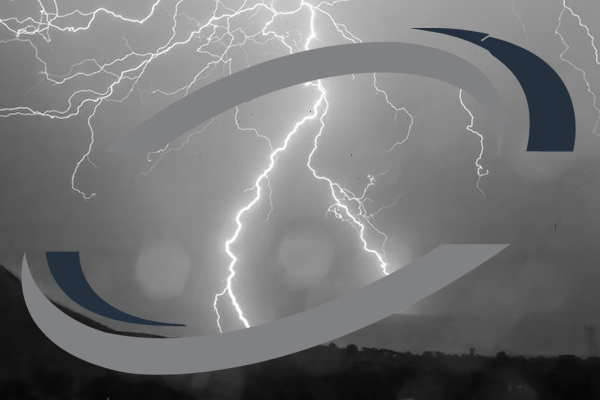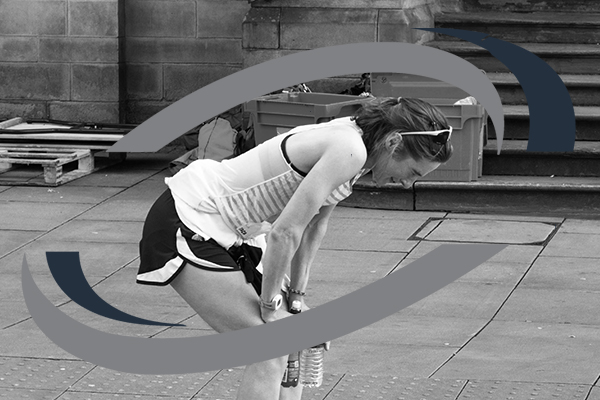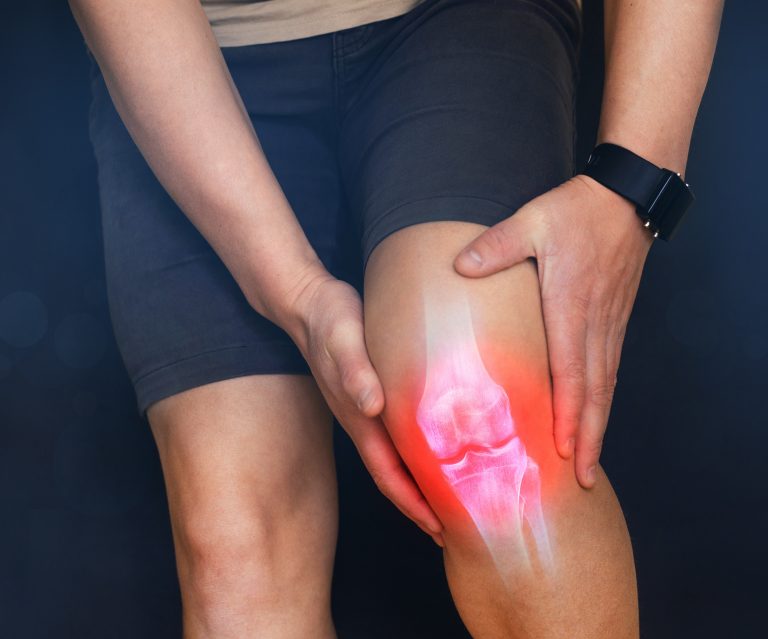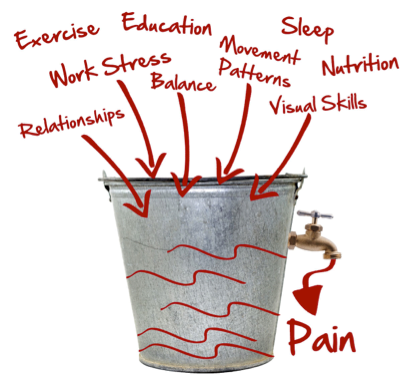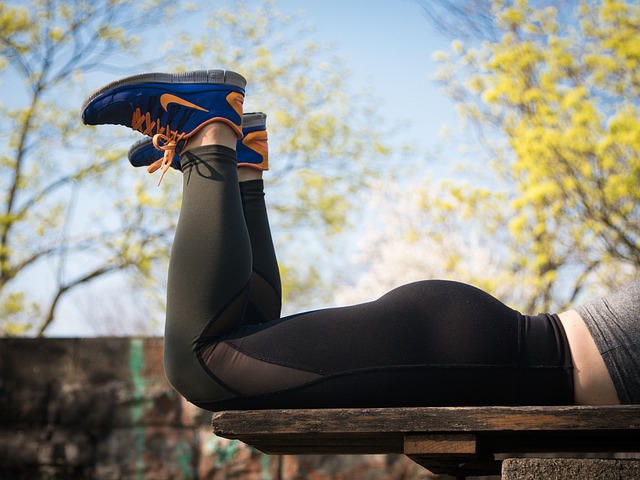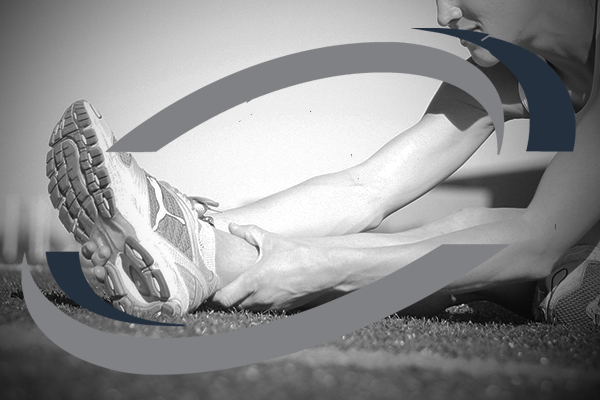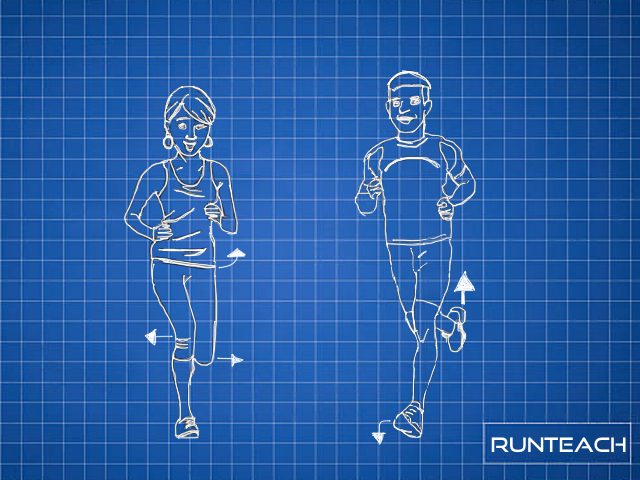Can The Weather Affect How I Breathe?
I wrote a post on breathing and running here, and as part of my research into it I couldn’t avoid finding out all about how weather can affect our breathing.
I separated out the content as it really is a full post in itself. I trust you will find it useful.
Hot Weather

The truth is, we don’t really know why hot weather makes it hard for some of us to breathe, but here are some of the theories:
-
- Inhaling warmer air can cause our airways to narrow and this can trigger coughing and shortness of breath. This is known as a bronchospasm and causes inflammation in the airways making it harder to breathe.
-
- Hot weather can increase the amount of pollutants and mould in the air.
-
- Hot weather and the summer season can increase the pollen count. Currently, much of the UK is experience extremely high/severe levels of pollen.
- Your body is using more energy to maintain body temperature, so there is less energy for breathing. If you suffer from a breathing illness, you already require a higher energy resource just maintain stable breathing, so this starts to suffer. We become less efficient at adapting to higher air temperatures as we age, so we may suffer more breathing issues as we get older.
Some of the suggestions that may help in hot weather:
-
- Keep cool to preserve more energy for breathing. Some strategies are:
-
- Apply a high factor sunscreen.
- Splash yourself with cool/cold water at regular intervals, especially on the back of your neck.
-
- Keep cool to preserve more energy for breathing. Some strategies are:
-
- Avoid exercises between 11:00 and 15:00 as that tends to be the hottest part of the day.
-
- If applicable, keep taking your medication as prescribed.
-
- Drink at least eight glasses of water per day, and eat more cold food. Fruit and salads are a good choice as they contain water and contribute to your hydration.
- If required, add some electrolytes into your water to avoid over-hydration on plain water. We lose electrolytes when we sweat, but we ordinarily replace these through our normal diet. However, during excess sweating, under stress or diarrhoea or vomiting , we may lose more than we replace. In addition, if we are drinking large volumes of plain water, we are diluting the electrolytes in our system. In these cases, it is important to take additional electrolytes. There are numerous electrolyte products on the market such as SOS Hydration (please note: this is an affiliate link. 20% discount code is CHRIS20).
Thunderstorms / Air Pressure Changes
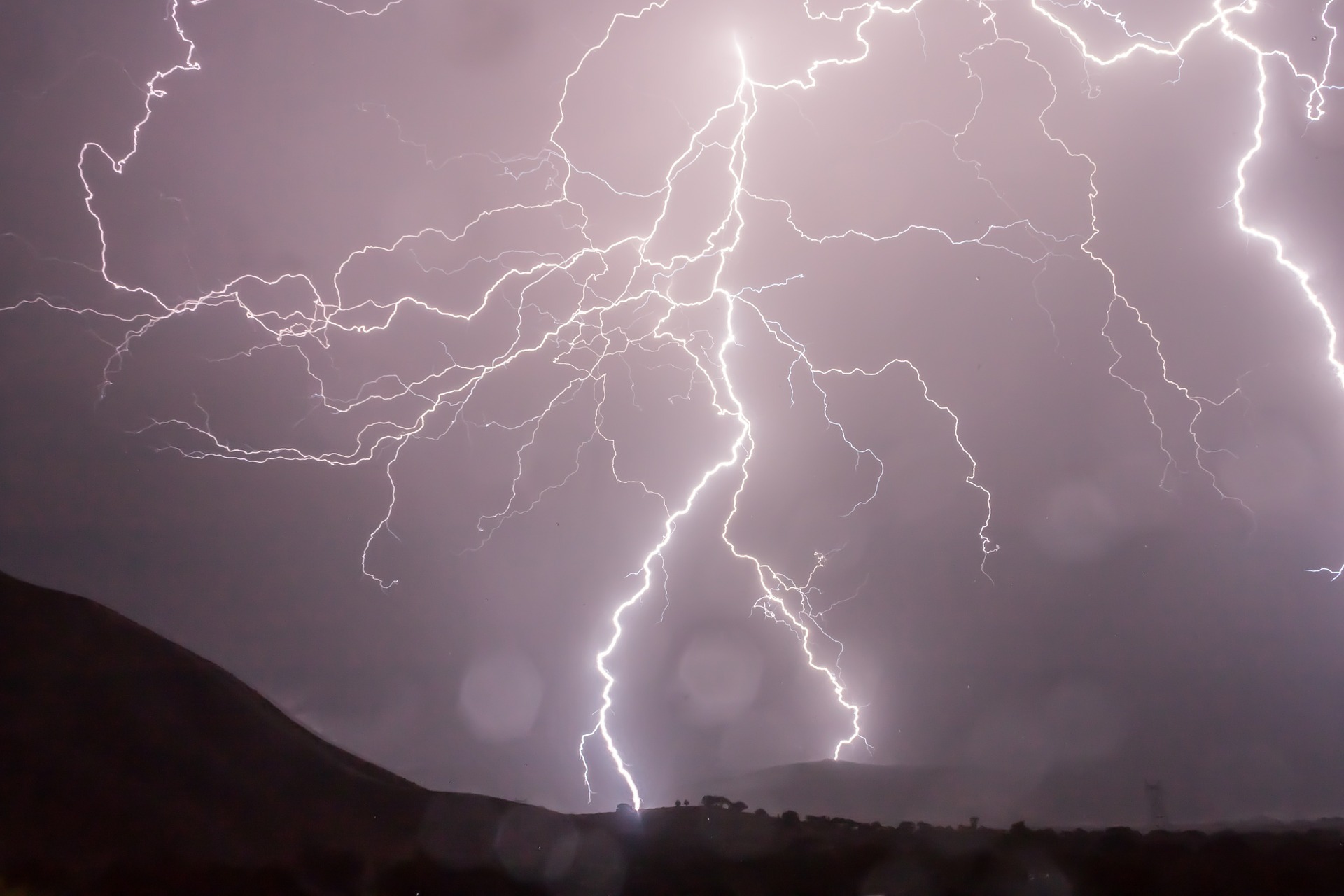
Again, why thunderstorms affect our breathing is not fully understood. Some theories are:
-
- The higher humidity breaks up pollen, mould and other pollutants into smaller pieces. As we breathe these smaller pieces in, they go further into our airways and irritate them. If it is windy, these are then blown about more than usual so the effect can be greater.
- Changes in air pressure can make it more difficult to breathe. Usually, the pressure inside our lungs is lower than the pressure in the outside air. As air moves more easily from an area of higher pressure to an area of lower pressure, getting air into our lungs in our usual environment is fine. However, a slight pressure drop in the outside atmosphere, and it can become harder to fill pour lungs, as we have to work our diaphragm and lungs harder. The extra effort is felt much more if we suffer from a respiratory condition.
Most of the advice for dealing with thunderstorms in relation to breathing, is to keep an eye on the weather forecast and stay indoors if possible. Other suggestions include:
-
- Avoid exercising during a thunderstorm.
-
- Avoid other respiratory condition triggers such as alcohol and stress.
- Change and wash your clothes as soon as you can so that you wash away the pollen and other pollutants.
Cold Weather
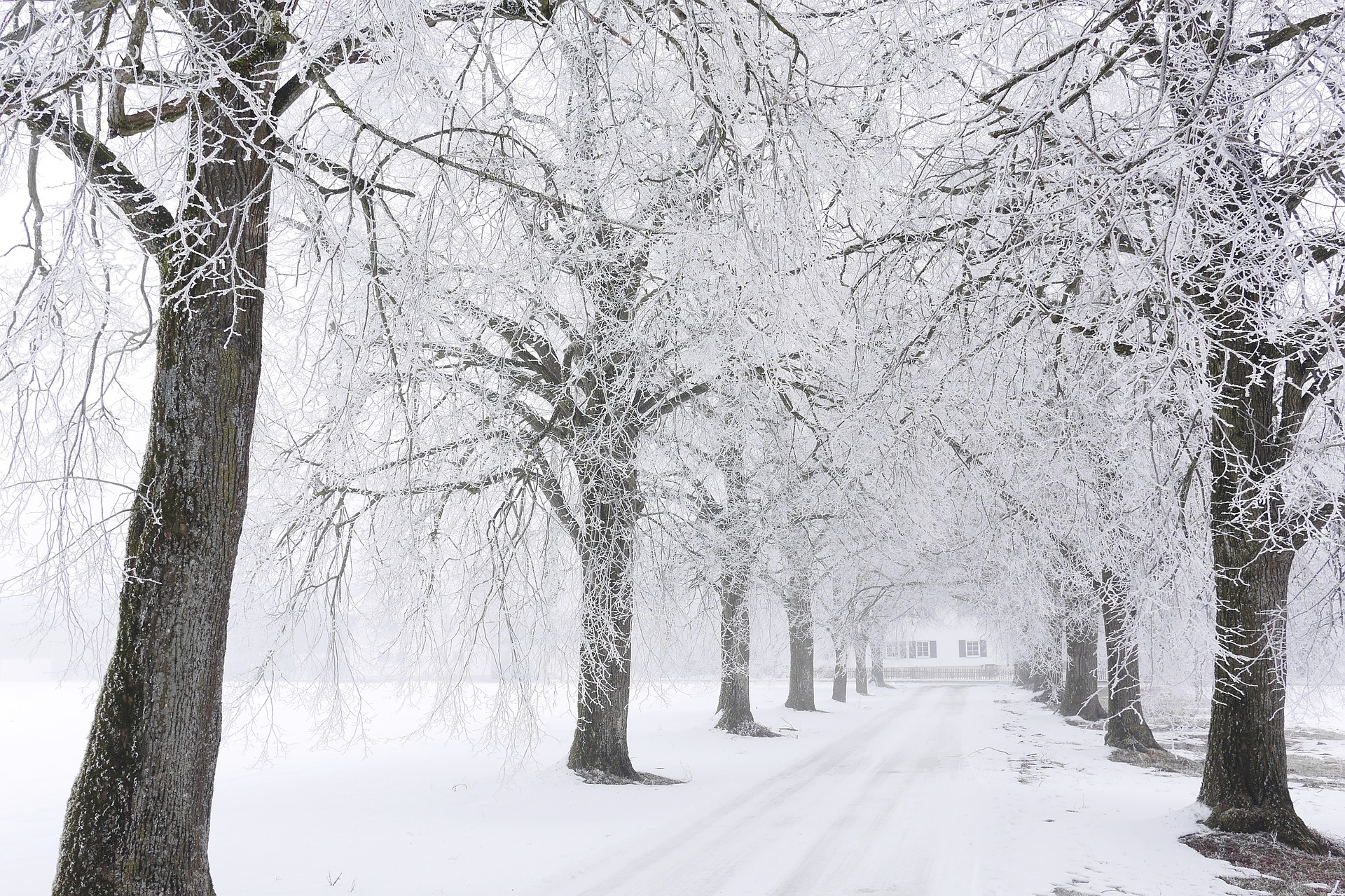
Cold weather issues seem to be better understood, and according to Asthma UK, some of the reasons are:
-
- As we inhale cold or damp air, it causes our airways to spasm. This in turn can cause wheezing, coughing and shortness of breath.
- There is also an increase in mould spores in damp and cold conditions, and these can trigger breathing problems.
Some the tips that Asthma UK suggest include:
-
- Wrap a scarf loosely around your mouth and nose. This will help to warm the air up before you breathe it in.
- Breathe in through your nose rather than your mouth. This also helps to warm up the air.
Conclusion
It is clear that weather and changes in atmospheric conditions can affect our breathing, whether we are running or not. I just need to listen to the people around me to hear how they are suffering in the current heatwave.
There are some practical tips above when it comes to general breathing difficulties from weather conditions, but when you add in running and other exercise, the challenge can become much greater.
Some of the runners I know have taken to running on a treadmill to avoid the pollen and other pollutants outside. This works great for many runners, but not everyone has access to a gym or a treadmill at home. If this is the case for you, you could try:
- Hot Weather
-
- Running early morning to avoid the heat
-
- Choosing an alternative route that provides shade
-
- Choosing a route that has a potentially lower exposure to pollen
- Taking a cooling buff or similar, so you can keep the back of your neck cool. I know runners who choose a route with water stops (or a clean river) where they can splash water on themselves or soak the cooling buff to use while running
-
- Thunderstorms
- Avoid running in thunderstorms
- Cold Weather
-
- Although perhaps harder to do while running, loosely wrap a thin scarf or buff over your nose and mouth to help warm the air
- Practice nose only breathing. Although challenging, it is a recognised technique to train the diaphragm and lungs. The added benefit in cold weather is that it will warm the air before breathing in
-
In all conditions, you may also have to accept that you may not be able to run as far or as fast as you would like. Adapt your session/training plan to accommodate the weather conditions.
Chris O’Brien
RunTeach Founder

